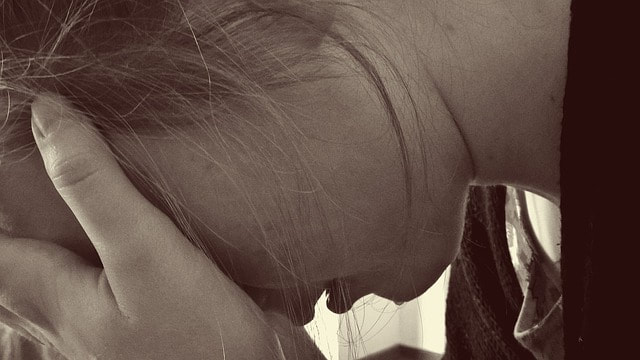|
We all have stress in our lives. When it comes to your teens, you know that school (like homework, competitive sports, tests, SATs, college applications) combined with juggling social media and after-school activities is one of the biggest sources of stress. As parent’s you want to make sure that it doesn’t lead them to unhealthy behaviors to help cope.
Stress can be a motivator, but it also can produce negative feelings and, unfortunately, increase the possibility that a teen will use drugs*. When people are under stress, the brain releases cortisol, the stress hormone. Over time and under chronic stress, parts of the brain that are related to memory or learning are negatively affected by the presence of cortisol. Interestingly, some of these areas of the brain are the same parts impacted by drug use and addiction. In reality, your child’s brain is still developing until age 25 to 28 (depending on which study you reference) and stress can damage parts of the brain that can make your child more vulnerable to drug addiction, in the same way that early use of drugs can. It’s not a new concept that stress can lead to drug use and addiction — far from it — but it’s something that many parents don’t necessarily associate with school and the good intentions that they have for their kids. Abusing drugs not prescribed to them, like prescription stimulants, act on the “reward center” in your child’s brain, releasing euphoric chemicals like dopamine and serotonin. In time, they can cause the brain to rely on drugs to keep those chemicals flowing. While drugs might make your child temporarily feel respite, in the long run, misusing drugs actually makes stress more pronounced. Unfortunately, those exposed to chronic stress are more likely to use substances in an attempt to relax or “power through” the stress, so it’s important that your child knows how to use healthy coping mechanisms instead to deal with the pressures he or she faces. For example, some teens when they become stressed out and anxious, may turn to abusing prescription stimulants not prescribed to them — also known as “study drugs,” instead of coping in healthy ways. These are medicines that are used to treat Attention-Deficit Hyperactivity Disorder (ADHD) such as Adderall, Concerta, Vyvance and Ritalin — but are abused to pull all-nighters and cram for exams. Most don’t see this behavior as risky. But what happens when high school and college kids (who don’t have ADHD) take prescription stimulants that are not prescribed to them? Is this safe or are there real dangers? According to Dr. Nora Volkow, Director of the National Institute on Drug Abuse (NIDA), the data is showing that overall stimulant medications do not improve your cognitive performance. If you have someone that is performing optimally, and you give them a stimulant, the performance may deteriorate.” “If you’re giving stimulant medications to a kid that doesn’t have ADHD, at the time in their life when their brain is developing very rapidly that may interfere with those developmental processes.” * For the purpose of this blog - alcohol is considered a drug. Thom Kessler, LMFT, RAS [email protected] 415-454-8931 Comments are closed.
|
Thom KesslerMarriage & Family Therapist and Registered Addiction Specialist Archives
January 2024
Categories |

 RSS Feed
RSS Feed